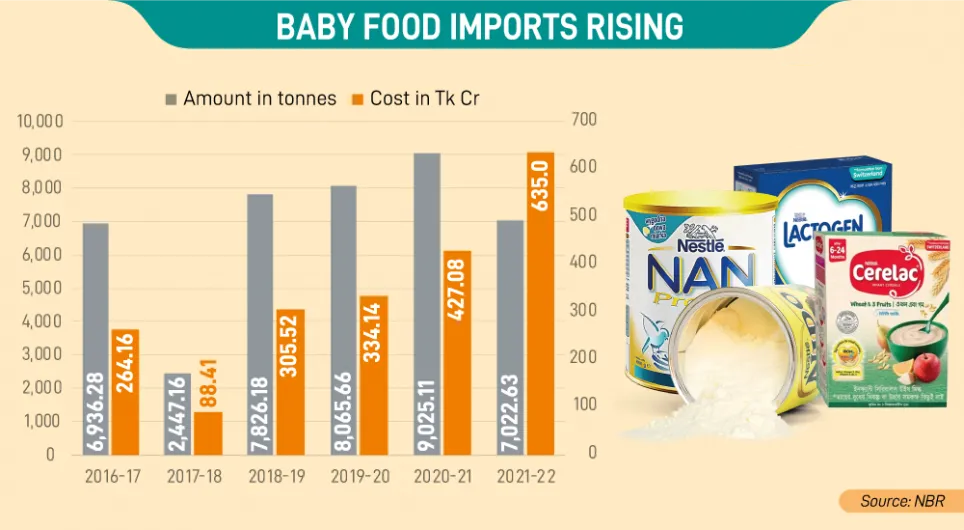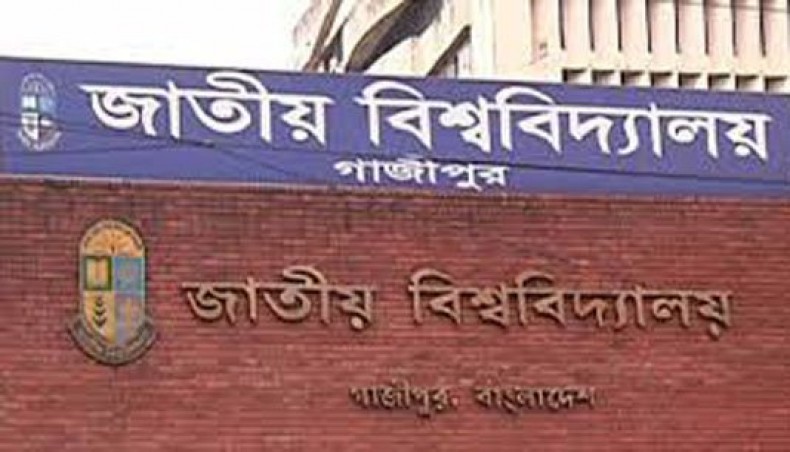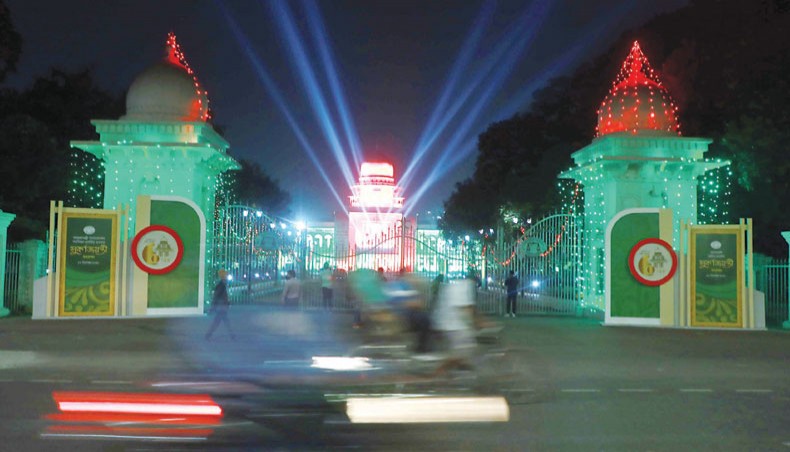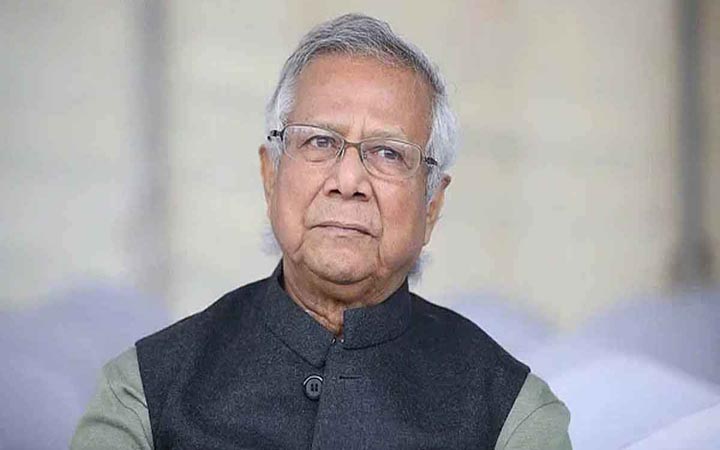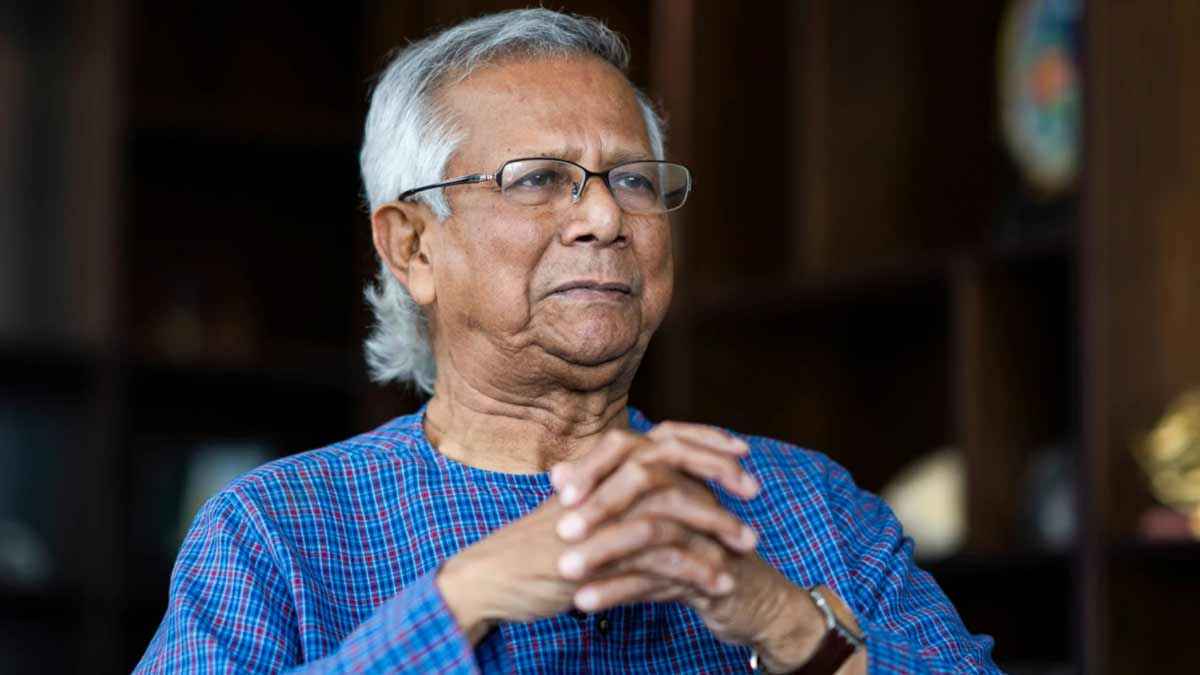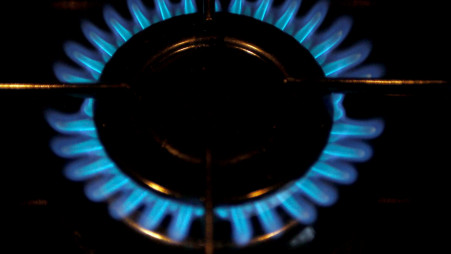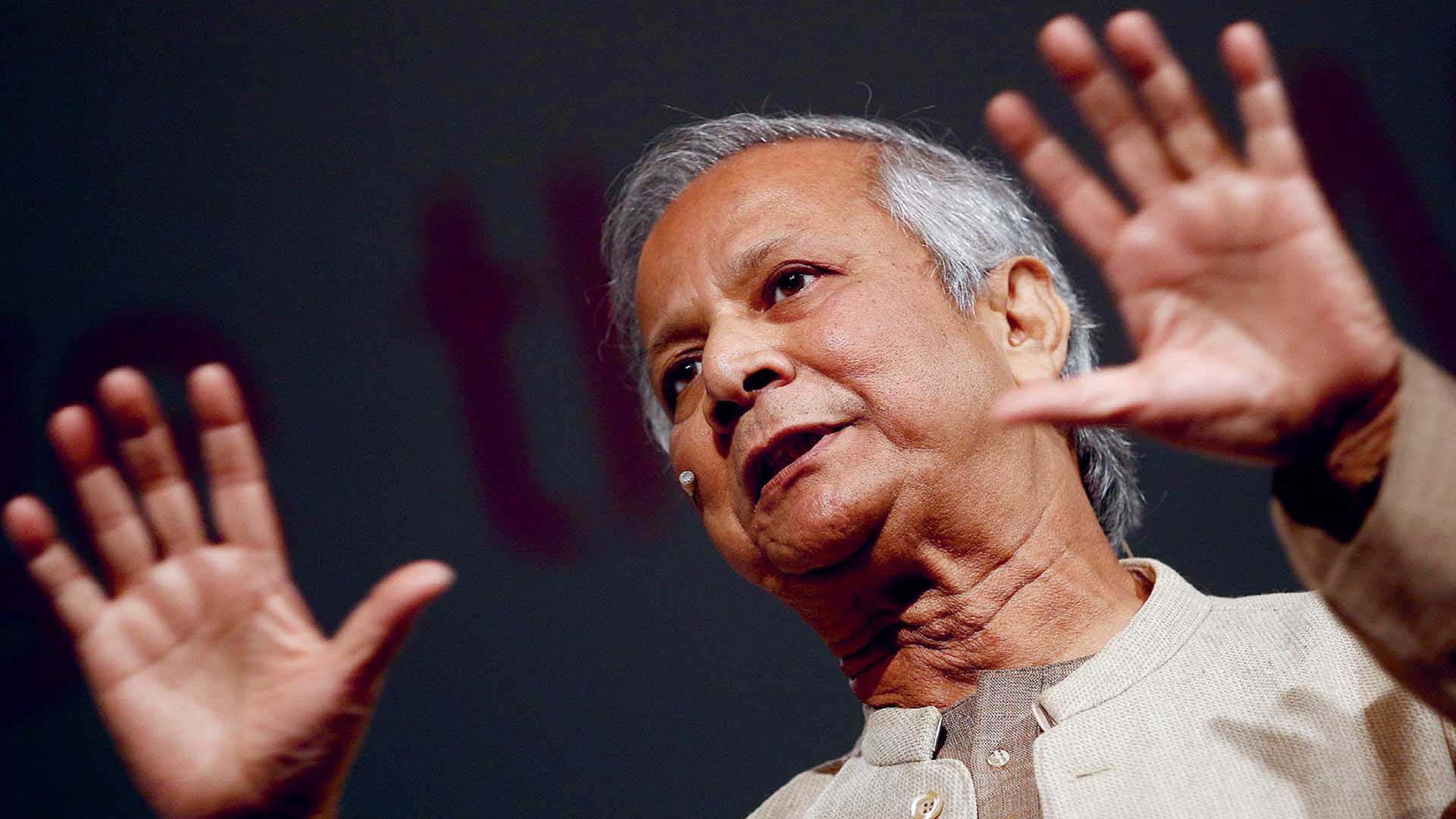Bangladesh Bank has informed that the amount of defaulted loans has dropped by 1 thousand 820 crore taka during January to March 2020. According to the central bank, the sum of defaulted loans now stands at 92 thousand 510 crore taka.
However, economists have commented that this figure is merely in the central bank's pen and paper. Financial sources have reported that the real amount of defaulted loans is around 2 trillion taka including written off debts. As a result there is no practical respite from defaulted loans.
Bangladesh Bank's information shows that the country's banks disbursed loans of 10 lakh 24 thousand 498 crore taka till March 2020. Out of this amount 92 thousand 510 crore taka has become defaulted. It is 9.03% of the total loans.
Loans of 10 lakh 11 thousand 828 crore taka were distributed till December 2019. Out of this amount 94 thousand 331 crore taka became defaulted. It was 9.32% of the total distributed loans. The government gave a special privilege to loan defaulters in May 2019 by allowing them to pay back their loans through a 2% down payment facility over a period of ten years at 9% loan interest rate.
Defaulted loans of around 30 thousand crore taka have been rescheduled till March 2020 under this arrangement. Last year around 75 thousand crore taka of defaulted loans were rescheduled in 2019. Moreover, banks have written off defaulted loans of nearly 50 thousand crore taka till March 2020.
Influential loan defaulters get stay order on their defaulted loans and thus they skip the defaulter status. The authorities concerned have not yet unfolded the names and particulars of top borrowers.
Financial experts have said that corruption and irregularities in the banking and financial sectors have all the likelihood to heavily affect the country's economy. Financial scholars have commented that the regulatory authorities including Bangladesh Bank could not do their duty properly which is why the load of defaulted loans is getting heavier day by day.
On the other hand, most of the private banks have decided not to deduct the salaries of their employees. So far United Commercial Bank, South Bangla Agricultural and Commercial Bank, Prime Bank, Dutch-Bangla Bank, BRAC Bank, Bank Asia and Mutual Trust Bank have announced that the salaries of their officials would not be deducted.
Eastern Bank and NCC Bank also have implied that they will not reduce the remuneration of their employees.
A few days ago Bangladesh Association of Banks (BAB) suggested private banks to deduct the salaries of their staff by 15%. This recommendation by BAB was highly criticized by economists and it also spread anger among bank employees.
Former adviser to caretaker government Dr. Wahid Uddin Mahmud said to The Asian Age, "It is essential to free banks and financial institutions from political influence."
Professor Dr. Abul Barkat, President of Bangladesh Economics Association, told The Asian Age, "Finance Ministry and Bangladesh Bank should not show any special favours to the people who launder money and default big sums of bank loans. Proper measures should be executed to halt capital flight and to persuade loan defaulters to pay back their loans."
Bangladesh Bank's former Deputy Governor Khandaker Ibrahim Khaled said to The Asian Age, "It is vital to establish good governance and accountability in the banking sector. At the same time, the regulatory authorities should play their role more effectively."
Professor Anu Muhammad, Jahangirnagar University, told The Asian Age, "Most of the loan scammers have strong affiliations with the government's top brass. For this reason it is difficult to stop financial rackets."



